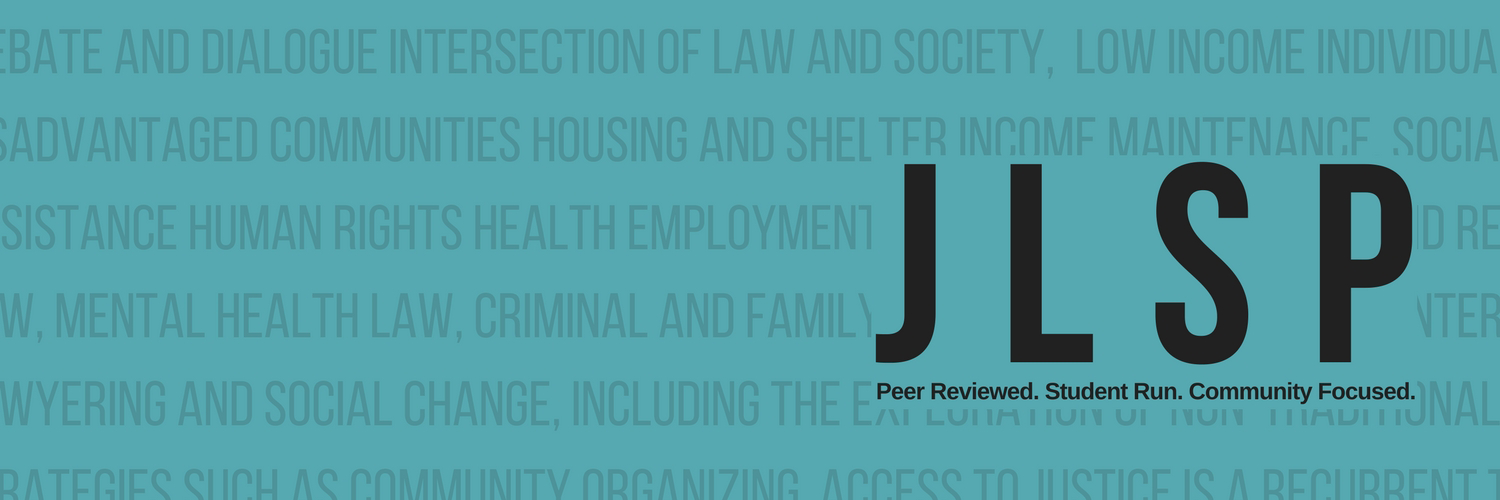
Document Type
Article
English Abstract
A migrant held in a Canadian prison refuses to hand over a DNA sample to the Canadian Border Services Agency (CBSA). Another refuses to sign a statutory declaration of voluntary return to Somalia where his return is anything but voluntary. Others outright refuse at times to assist in any manner whatsoever with their own deportation. Canadian officials, judges, and adjudicators have treated all of these situations as instances of “non-cooperative” behaviour by an immigration detainee and, in turn, relied on such conduct to impose lengthy and indefinite periods of immigration detention. While the issue of an immigration detainee’s “non-cooperation” seems idiosyncratic and relatively unimportant in the larger scheme of immigration controls in Canada, we argue that this line of case law constitutes an example of the ambiguity surrounding the purpose of immigration detention itself and, when considered in light of writing by Michel Foucault and David Garland, reveals the State’s goal of individualizing, disciplining, and controlling non-citizens in order to achieve certain political aims in response to fears stoked by globalization. More specifically, we contend that where non-cooperation is cited by Canadian courts and tribunals as a justification for detaining a non-citizen, the supposedly nonpunitive nature of immigration detention is called into question. In this article, Foucault’s writing on the disciplinary society is used as a lens to demonstrate that, rather than immigration detention being used as a means to further the machinery of immigration control, it is instead being used as a means of disciplining non-citizens who have dared to “transgress” the Canadian border regime. David Garland’s writings on crime control also show that immigration detention serves an expressive function, allowing the Canadian government to denounce these perceived transgressions of sovereignty committed by undisciplinable migrants for political traction. At the same time, we seek to underline a fact that often goes unacknowledged in discussions around immigration detention: namely, that non-cooperation can constitute a form of resistance—an expression of agency and autonomy—on the part of migrants against the machinery of the state. Finally, we conclude by arguing that the justification of lengthy and indefinite periods of detention of non-citizens on the basis of non-cooperation is instrumentally incoherent (in that detention on the basis of non-cooperation does not seem to achieve the purpose of immigration control) and legally incoherent (in that the statutory basis for non-cooperation as justification for lengthy and indefinite detention is absent). We argue that the introduction of certain principles into the Canadian immigration detention regime could remedy this significant problem.
Citation Information
Anstis, Siena and Joeck, Molly.
"Detaining the Uncooperative Migrant."
Journal of Law and Social Policy
33.
(2020): 38-64.
DOI: https://doi.org/10.60082/0829-3929.1397
https://digitalcommons.osgoode.yorku.ca/jlsp/vol33/iss1/3
